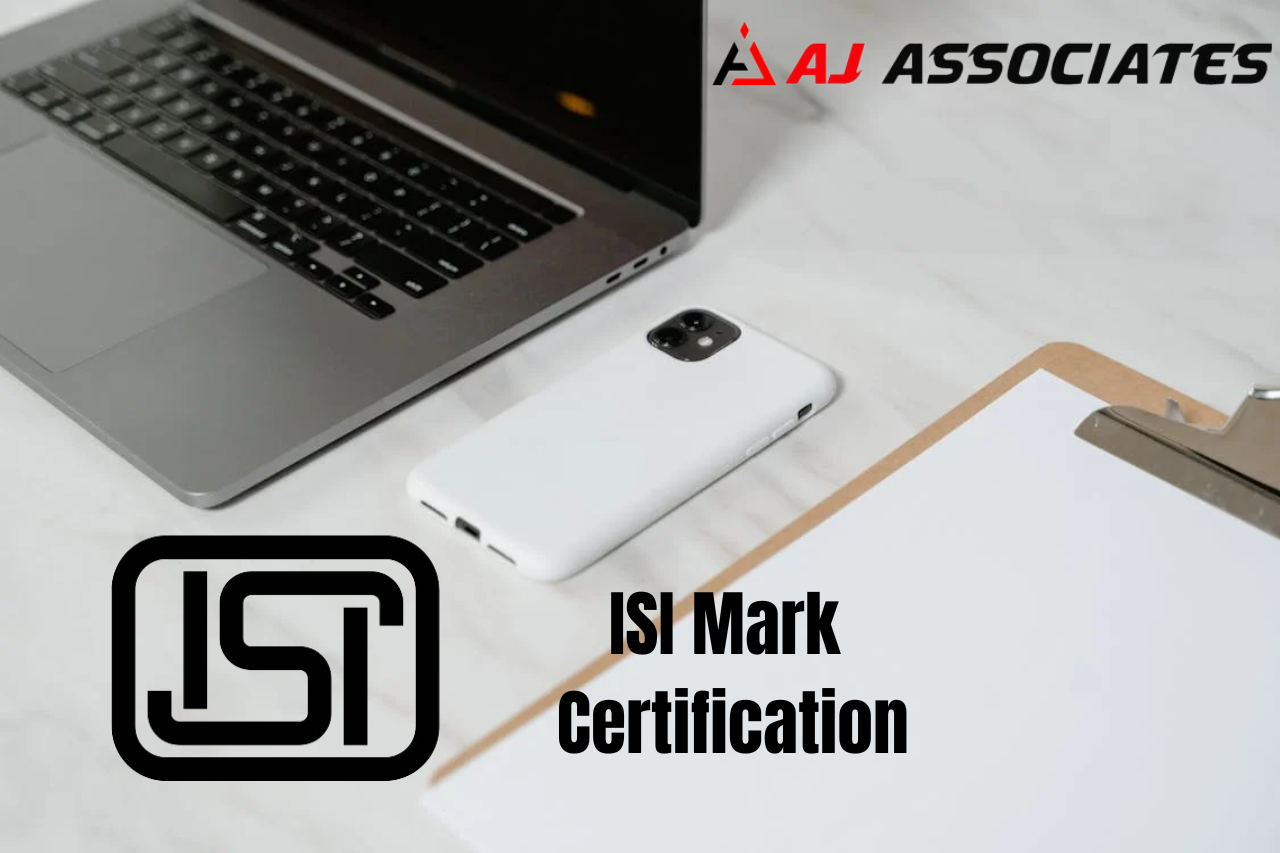What is ISI Mark Certification?
The ISI mark is a certification provided by the Bureau of Indian Standards (BIS) to indicate that a product meets Indian Standards (IS) for quality and safety. While this certification is mandatory for certain products, it remains a voluntary option for others.
The ISI certification confirms that products undergo strict quality control measures, safety standards, and standardization guidelines. This certification is crucial for products such as electrical appliances, cement, LPG cylinders, packaged drinking water, and automotive tires.
Importance of ISI Mark Certification
- Ensures Product Quality: The ISI mark signifies that a product meets Indian quality standards, ensuring safety, durability, and dependability for consumers.
- Builds Consumer Trust: ISI-certified products are preferred by consumers who trust that the products will meet safety and quality standards.
- Legal Compliance: For certain products, having ISI certification is mandatory. Non-compliance can lead to legal issues and potential fines.
- Competitive Advantage: Obtaining the ISI certification can help businesses stand out in the market, improving brand credibility and boosting sales.
- Reduces Product Failures: ISI-certified products have fewer failures, resulting in fewer product recalls and reducing consumer complaints and losses.
Products That Require Mandatory ISI Mark Certification
There are several products that must carry the ISI mark to be legally sold in India. These include:
- Electrical appliances (e.g., electric iron, room heaters, immersion water heaters)
- Cement
- LPG cylinders
- Automobile tires
- Packaged drinking water
- Helmets for two-wheelers
- Pressure cookers
Note: Selling these products without the ISI certification can result in legal penalties and bans.
How to Obtain ISI Mark Certification? (Step-by-Step Process)
- Identify the ISI Standard: Each product has a specific Indian Standard (IS) code. You can find the relevant IS code for your product on the BIS website.
- Submit an Application: Apply for ISI certification via the BIS online portal. Provide product details, manufacturing unit information, and quality control measures.
- Product Testing: Send a sample of your product to a BIS-recognized laboratory for testing. The product will be assessed for compliance with the applicable standards.
- Factory Inspection: BIS will conduct an on-site inspection of the manufacturing facility to verify quality control procedures and compliance with the required standards.
- Grant of License: After passing product testing and factory inspection, the ISI certification license is granted.
- Regular Surveillance: BIS will carry out periodic inspections and testing to ensure that the product continues to meet quality standards.
Documents Required for ISI Certification
- Proof of business registration
- Factory license
- Product specifications and test reports
- Quality control documentation
- Manufacturing process details
- List of equipment used in production
Cost and Timeframe for ISI Certification
Cost: The cost for ISI certification depends on the product category, laboratory testing fees, and inspection charges. Typically, fees range from INR 50,000 to INR 2,00,000.
Timeframe: The process generally takes between 30 to 90 days, depending on the product and inspection complexity.
How to Check ISI Mark Authenticity?
- Check for the ISI logo and unique license number.
- Confirm the manufacturer’s details on the BIS website.
- Avoid products with poorly printed or missing license numbers.
Conclusion
ISI Mark Certification is crucial for ensuring product quality, consumer safety, and legal compliance. Whether you are a manufacturer or consumer, understanding ISI certification helps make informed decisions on quality standards in India.
By obtaining ISI certification, businesses can enhance their credibility and market reputation, while consumers can trust that the products they buy are safe and reliable.
For more information, feel free to get in touch with us.

